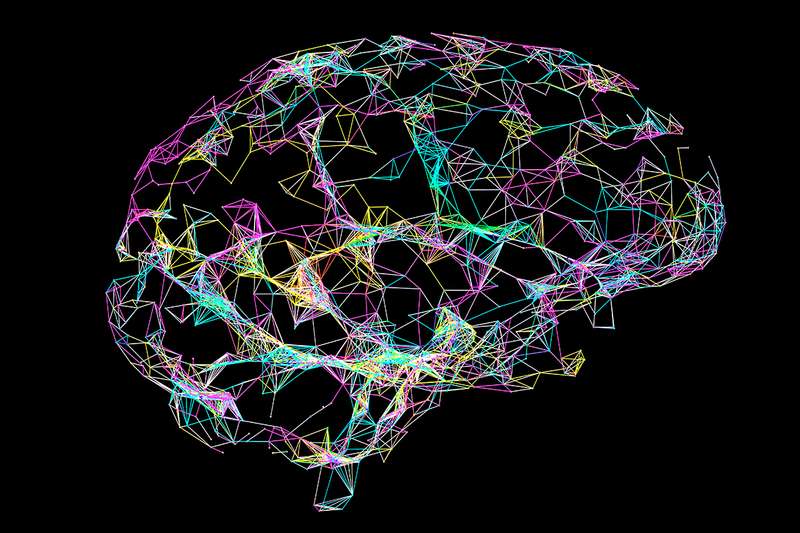
ALFRED PASIEKA/SCIENCE PHOTO LIBRARY
Researchers have published guidelines for diagnosing a newly recognised form of dementia that progresses more slowly than Alzheimer’s disease and tends to affect people near the end of their lives.
Unlike people who have Alzheimer’s disease, people with limbic-predominant age-related TDP-43 encephalopathy (LATE) do not accumulate beta-amyloid or tau proteins in their brains. But previous studies have implicated a misshapen form of a different protein, called TDP-43, in the condition.
In its healthy form, TDP-43 helps regulate gene activity in the brain, and misfolded TDP-43 is also thought to play a role in motor neurone disease, a rare condition.
Advertisement
However, misfolded TDP-43 is very common in older adults, and the team behind the new guidelines say that roughly a quarter of people over the age of 85 have enough abnormal TDP-43 to affect their memory and thinking ability.
“Now that the scientific community is on the same page about LATE, further research into the ‘how’ and ‘why’ can help us develop disease-specific drugs that target the right patients,” says Peter Nelson, of the University of Kentucky, who co-chaired the international group that drew up the guidance.
It is possible to have both Alzheimer’s and LATE, in which case people tend to experience a more rapid decline in mental function.
Journal reference: Brain
More on these topics:
